30 Worst Things Parents Can Say to Their Kids' Teachers
Do yourself a favor and skip these at your next parent-teacher conference.

If you haven't spent any time in a classroom since you graduated high school, you might be under the impression that a teaching career is a walk in the park. Summers off! No wearing a suit to work! Out by 3 p.m.! Obviously, you'd be incorrect. The dedicated professionals educating your children are some of the hardest-working individuals in the country. So, before you put your foot in your mouth—and make a teacher's job even harder—make sure you know the worst things you could say to your kids' teachers.
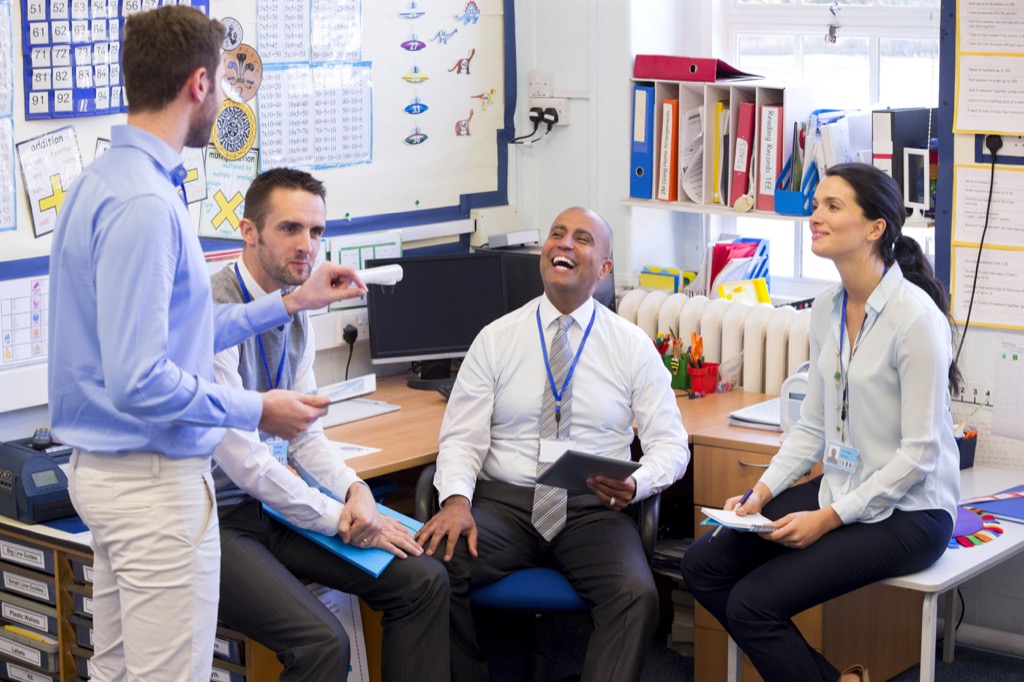
Yup, teachers get summers off. But in most cases, they're also incredibly overworked during the school year, spending weekends, evenings, and even holiday breaks dreaming up creative and engaging lesson plans to keep students interested. Trust that they deserve some time off.
"Summers off are nice, but much of that time is spent on curriculum building, professional development, or—for many American teachers—other seasonal employment," says Ryan B., a STEM teacher in New York. "And when you factor in that many school year days have teachers working upwards of 10 to 12 hours, it's hardly the luxury you'd imagine."
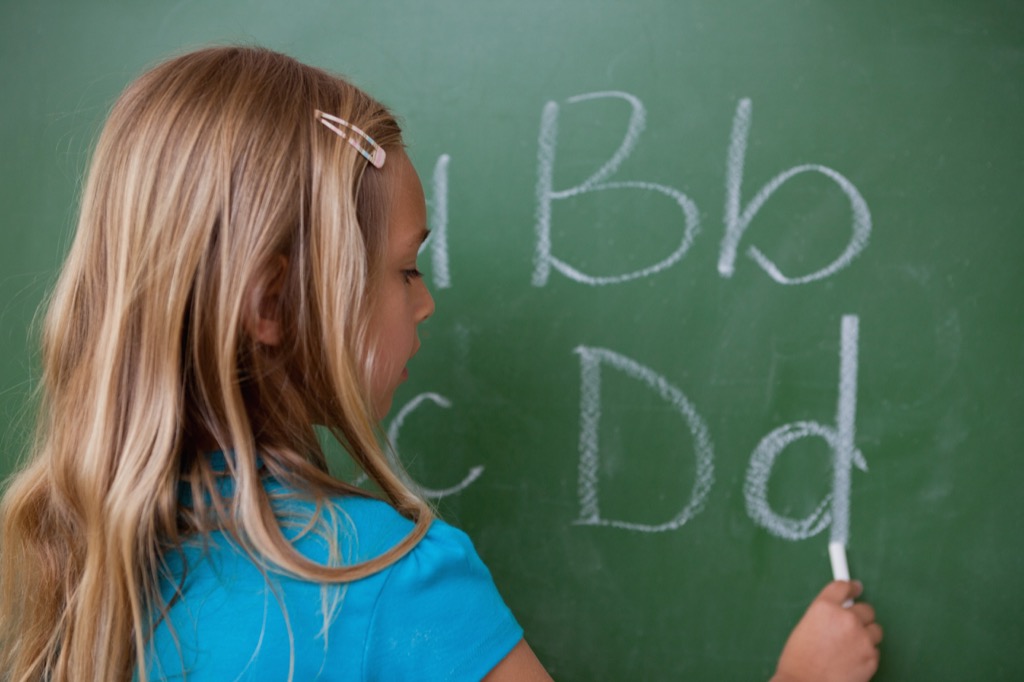
"Actually, teaching reading and writing is quite extensive," says Anna Voth, who has been an educator for 20 years. "Students need to have phonemic awareness before they can ever start to understand the complex ideas behind letter sounds, putting them together, making a word, what a word is, using it in a sentence, and being able to communicate clearly through writing."
Phew. That's a lot. "The reading process takes so much time and early educators create this foundation and skill that we use for the rest of our lives," Voth adds. "Not only is teaching reading and writing difficult, it takes a very skilled professional with hours of training to make it happen."
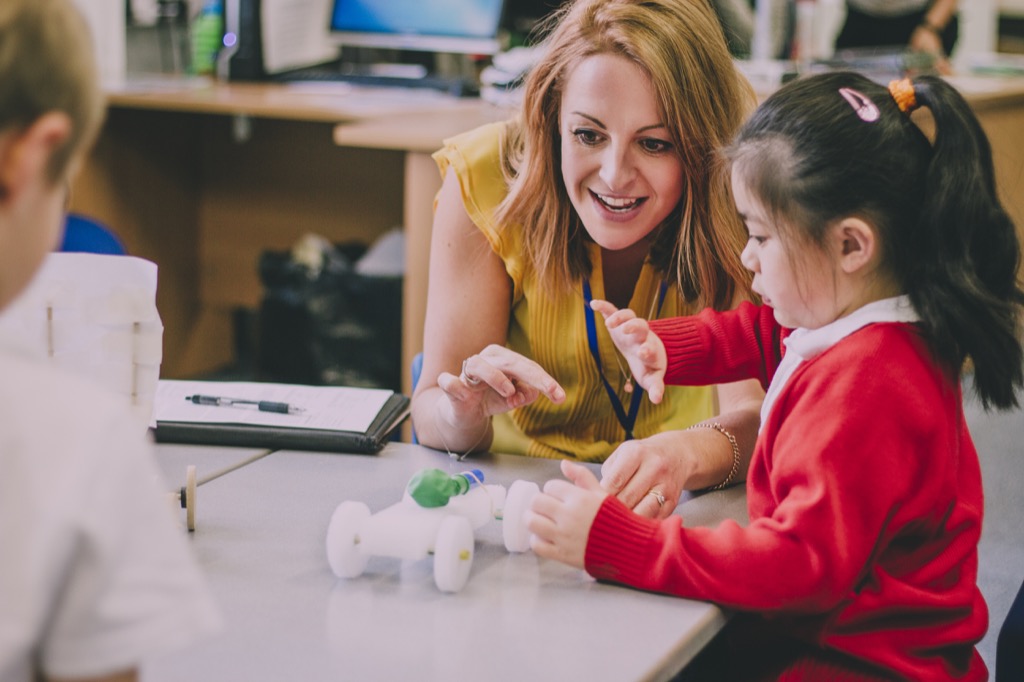
If you want to make a teacher angry, this is a pretty surefire way to do it. "In the past, I have heard comments like these and found them to be upsetting, given that a lot goes into creating an age-appropriate learning environment for children," explains Diana Santamaria, a preschool teacher and educational author. "This includes creating lesson plans, preparing hands-on learning activities that are appropriate to the curriculum, individualizing instruction for all learning styles, and more."

This is the quickest way to signal to a teacher that you're going to be that parent they hate dealing with. Even if you didn't love all of your child's past teachers, putting them down so bluntly in front of their current one makes it seem like you don't have much respect for the profession.
"You're not commiserating with me or telling me I'm different—you're likely disparaging colleagues I admire and signaling to me that you probably won't be satisfied no matter what I do," says Ryan. "There's no question I'll end up on that list next year."
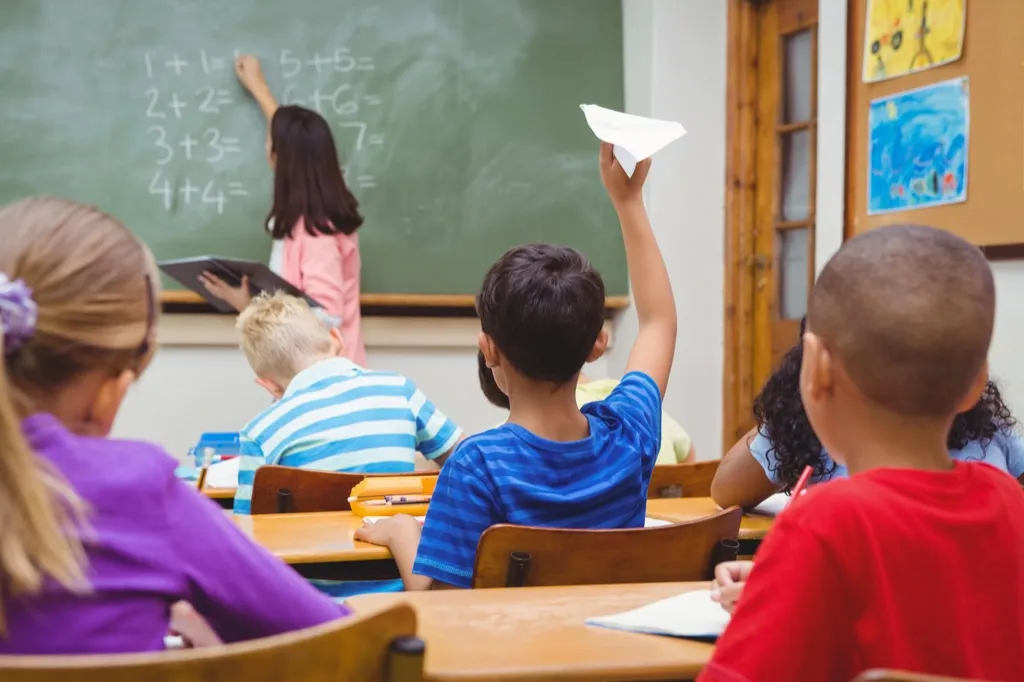
Oh really? Not all kids lie, but if a teacher is telling you that your child said something untrue in their classroom and you're resisting them, ask yourself: Why would they make that up?

Well, no, not exactly. "You live in a society in which you have to contribute a tiny amount to essential services that enrich the lives of everyone in the community," says Ryan. "The literal pennies of your tax dollars that contribute to my wages do not give you the authority to tell me how to do my job."
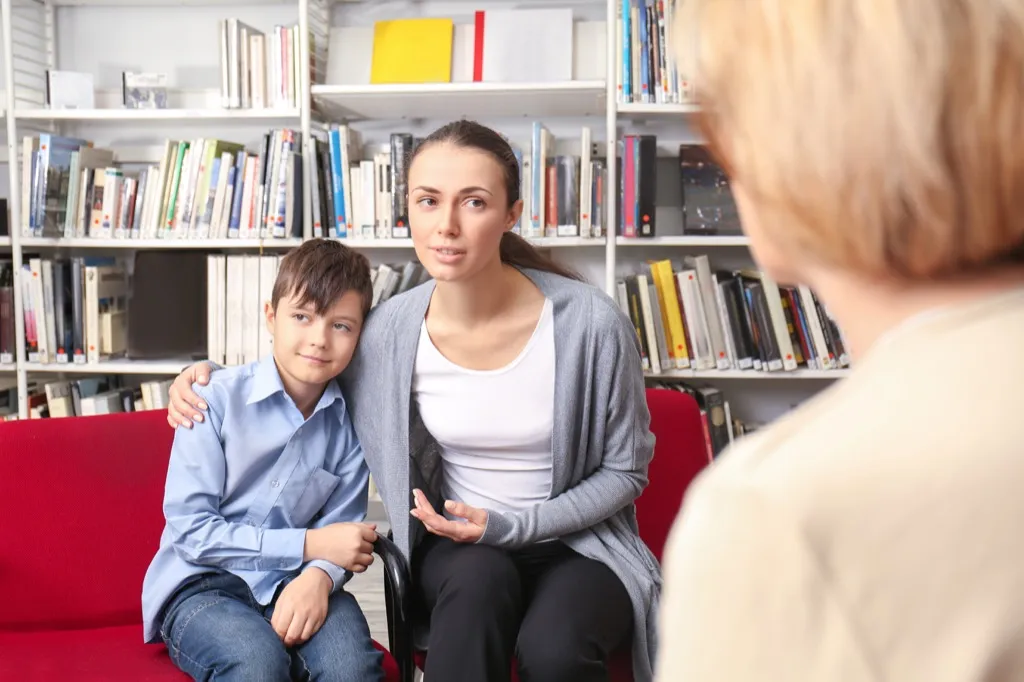
Saying something like this places the blame on the teacher for your child's misbehavior. While a child's school behavior might not necessarily be the parent's fault, it's also unlikely that it's the teacher's fault. Work toward a solution instead of placing passive aggressive blame.

Hate to break it to you, but even though teaching may seem "easy," it's one of the most challenging jobs out there. Burnout is a serious issue among educators—for quite a few reasons—but one of them is that getting in front of a classroom each day is just plain difficult.
9
"But my child is an A student."
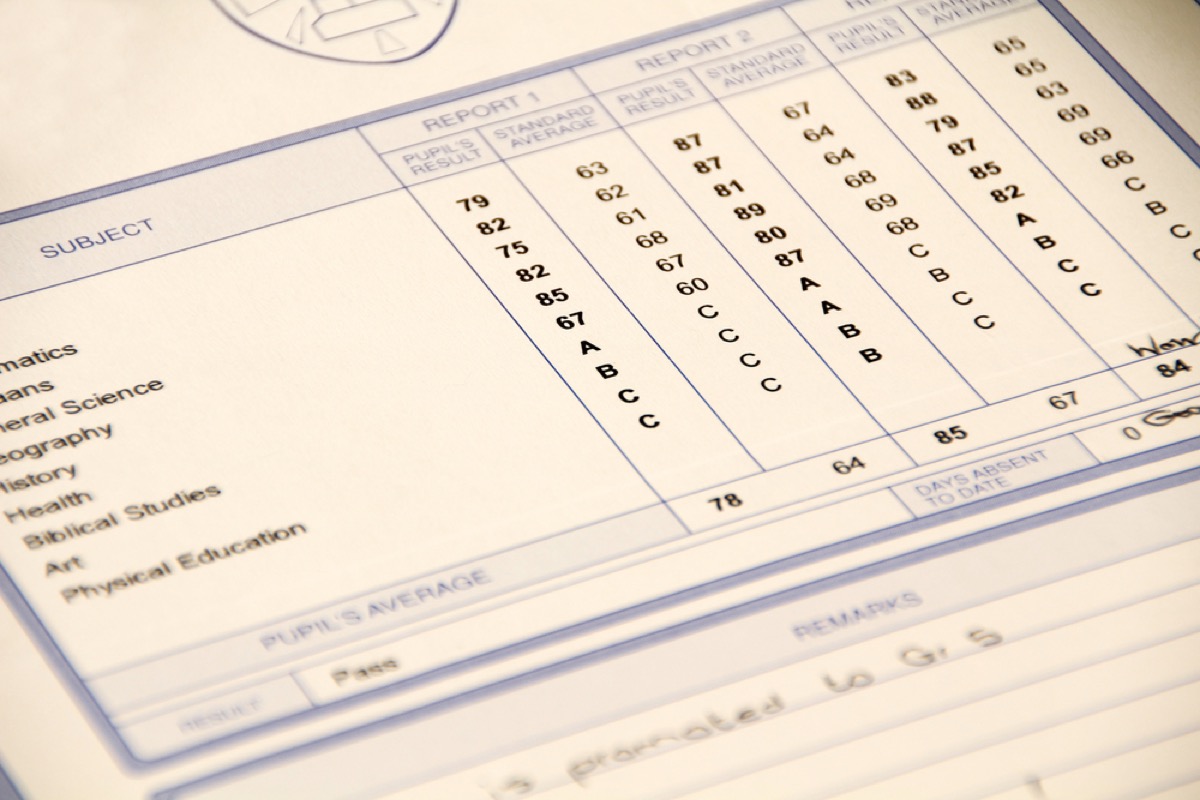
Your kid has bad days at school, just like you have bad days at work—and acting as though it's impossible for your kid to get a bad grade in a subject they normally excel at isn't going to win you any points with their teacher.
"Claiming your child's grade is unacceptable because they have historically been an 'A' student demonstrates an unrealistic standard of performance for the child as well as a sense of entitlement that teachers will instantly find off-putting," says Katie R., an English teacher in Connecticut. "Most teachers today spend a great deal of time creating rubrics to evaluate which standards have or have not been met by a given student as their acquire new skills in the classroom—grades are not given arbitrarily. Parents should review these rubrics so that they can see exactly where and why their child lost points before they bring their outrage to the teacher."

Parents sometimes try to bargain for extra credit when their child has done poorly on an important project or test. Unfortunately, extra credit would require the teacher to come up with something additional for the student to do. If they're pressed for time, they're not going to like this request.
11
"He'll never need to know this in the real world."

Sure, your kid probably won't need to discuss the symbolism in Wuthering Heights that frequently in life, nor will they have opportunities to break out their chemistry knowledge as an accountant in the future. But that doesn't mean what they're learning is unimportant.
Education is about more than simply building profitable skills. Letting kids explore a variety of subjects helps foster their innate curiosity, helping them discover their interests and giving them the chance to pursue them.

You probably know some parents who aren't exactly good with kids. Having kids of your own is by no means a requirement for being an educator, and whether or not someone has chosen to have children is no one's business but their own.

Sometimes students ask this question, and teachers usually brush it off. The problem occurs when a parent asks a teacher about their age, insinuating that perhaps they're too young to be an authority on a certain topic or that the parent knows more about how to teach their child simply because they're older. But teachers are trained to know what they're doing, so their age is pretty much irrelevant.

Pulling kids out of school outside of holiday breaks can be disruptive and leave them feeling like they've fallen behind. And just because you're going on vacation doesn't mean a teacher should have to do extra work to ensure that doesn't happen.
"Education is moving more and more towards a 'student-centered' approach, where interactions with peers and classroom discussions are crucial to the learning process," says Katie. "These experiences can't be 'made up' while on vacation, so it is important to consider the impact these absences will have on your child's education."
15
"Why do you hate my kid?"

Does your kid's teacher sometimes get frustrated with him or her? Sure. Does that mean they actually hate your child? Absolutely not. Teachers don't give bad grades or recommend kids stay behind a year because of personal vendettas; they do it because they're required to, or, more likely, because it will benefit your child in the long run.
16
"Is my kid your favorite?"

Good teachers don't play favorites with their students—or, if they do in secret, they're at least smart enough not to let it slip in a parent-teacher conference. "If you're asking me this, probably not," says Ryan.
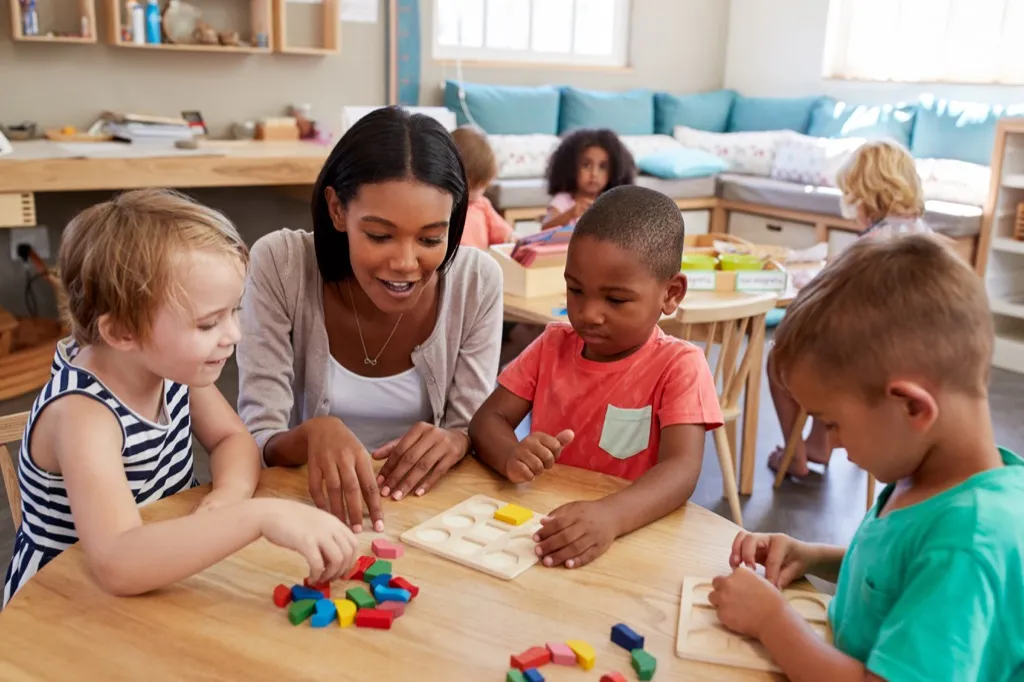
Even preschoolers require careful lesson planning. "As educators of any age-group, we have to ensure that the children are not only comfortable in their classroom and with the teachers, but also that we are scaffolding their learning so they are prepared for the next grade level, which requires lots of preparation and assessment," Santamaria says. "And just because the children are younger doesn't mean they are 'just playing all day.'"
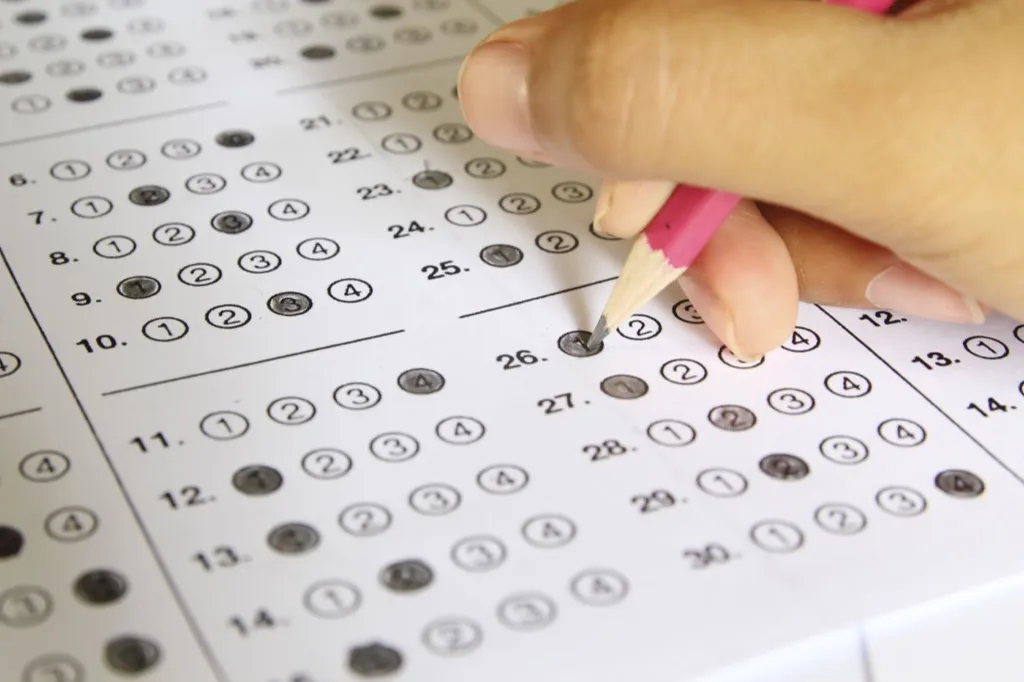
Actually, there are a lot of problems with standardized testing. While they can be a useful tool in some respects, they evaluate what individual students know on the day of the test, not how much they've learned, how far they've come since the beginning of the school year, or how well-planned their teachers lessons are.
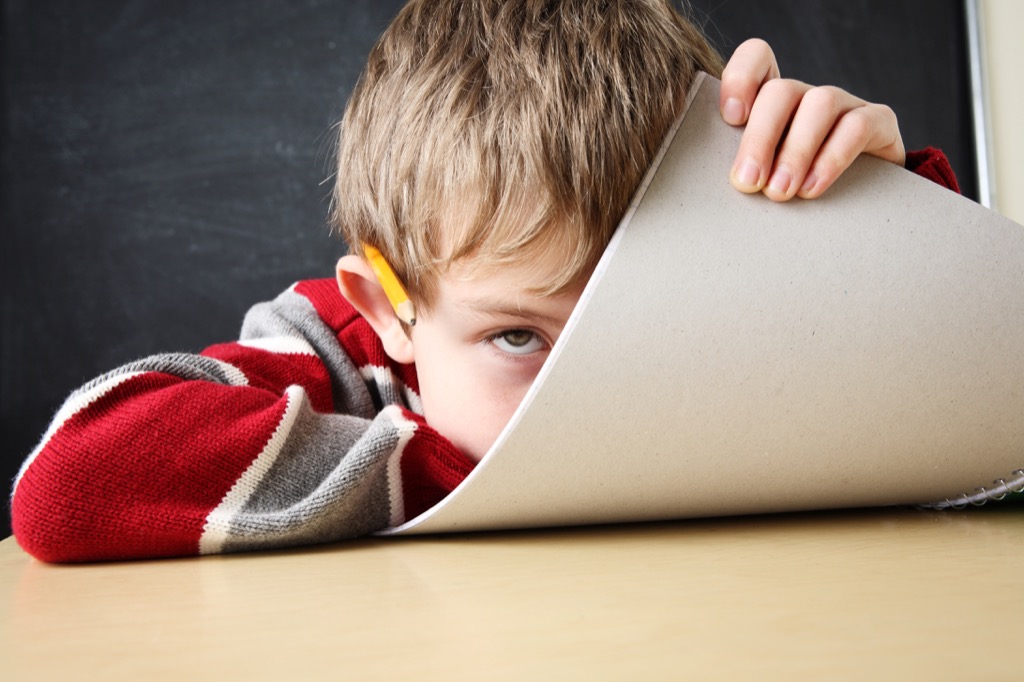
Getting bored easily isn't something you should boast about. "This tells me a lot more about your parenting style than it does about your child," says Ryan. "Getting bored isn't a sign of intelligence—it's a sign that one has never learned how to be curious."
20
"My kid just doesn't like your subject."

"It's fine for kids to have preferences—they're people, after all," says Ryan. "But parents set the tone for their child's school experiences, and an outright dismissal of part of their schooling is bound to reflect on them. It's also pretty disrespectful to me."
21
"That subject wasn't my strong suit, either."

You shouldn't assume that your former academic difficulties will indicate how well your own children fare in school. Actually, acting as though your own lackluster trigonometry skills are a heritable trait may make your kid's poor performance a self-fulfilling prophecy.
"Excusing your child's performance and effort in a subject area by claiming you were similarly 'bad' at that subject is one way to ensure that the student will develop a defeatist attitude toward it for the rest of their academic career," says Katie. "Teachers work hard to develop a sense of confidence and resiliency in their students when tackling even the most difficult concepts, and parents who are dismissive about a subject in general do a great disservice to those efforts."
22
"We don't believe in homework."
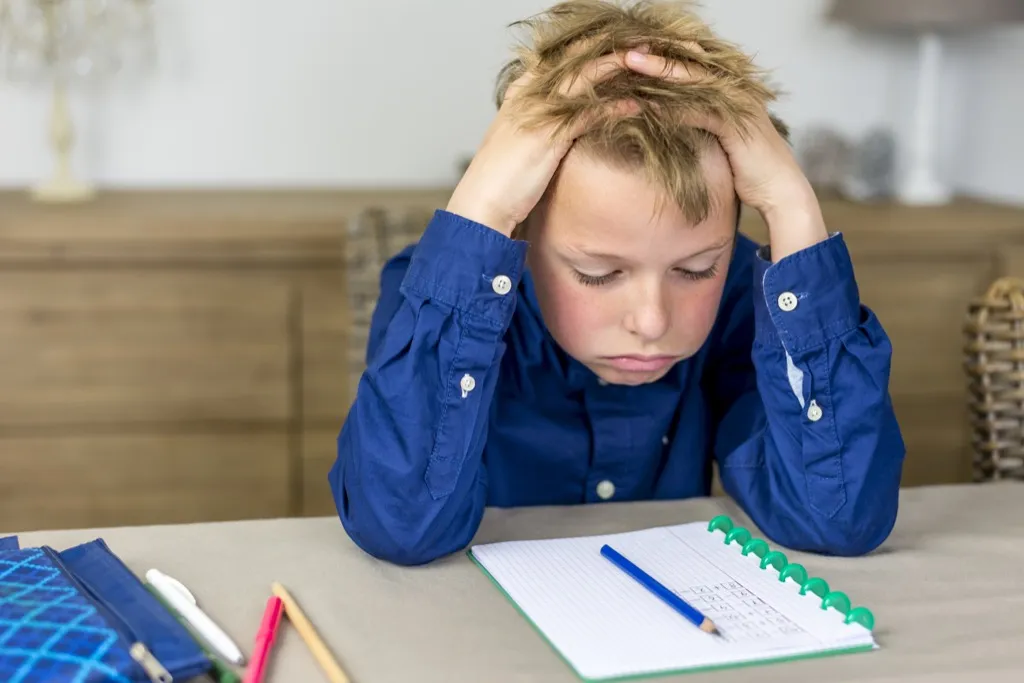
Though you could likely spend years debating the merits of homework—or the lack thereof—at the end of the day, parents don't get to make the rules for their kids' school. If your child's teacher requires homework, your kid has to do it. If that truly goes against your core beliefs, then that's something to take up with the school's administration—or find a different school entirely.
23
"But every kid does it!"
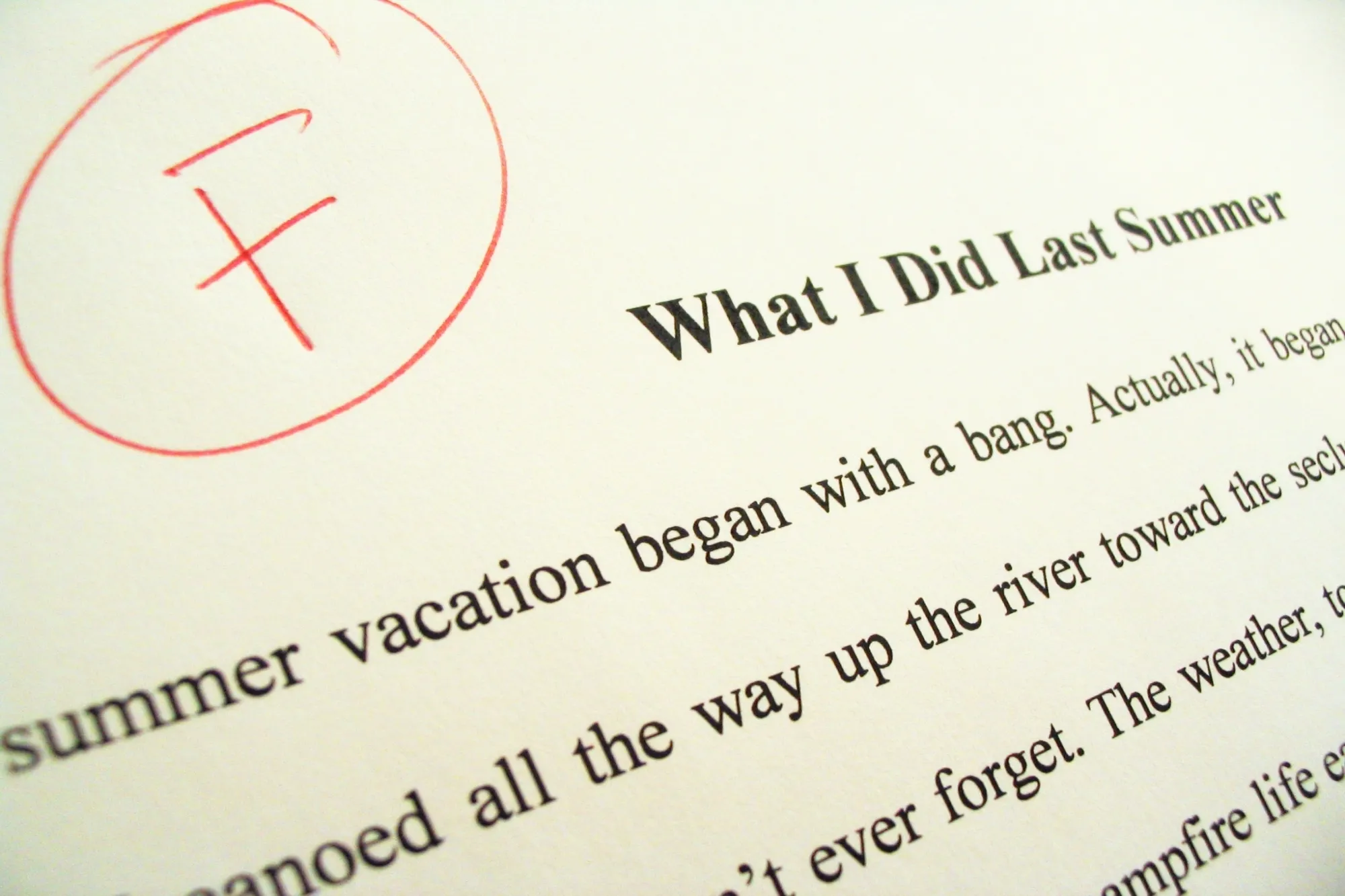
In many schools, something like plagiarism is an expulsion-worthy offense, no matter how many kids have gotten away with it before.
"Plagiarism is a big deal in the academic world, and children need to learn from an early age that it carries serious consequences," says Katie. "You are not likely to change their mind by claiming that 'everyone does it.'"

Whether this comes from a parent or a student, this kind of petty threat (one that's often spurred by less-than-stellar marks) is definitely not something teachers want to hear. The truth is, students and parents alike very rarely have the power to get a teacher fired, but it never feels good to hear someone say this—no matter your profession.
25
"What did you actually want to do as a career?"

Believe it or not, many—even most—teachers have wanted the exact job they're doing since they were kids. And considering that teaching requires expertise in a particular subject as well as an advanced degree in many cases, your kid's teachers likely didn't simply fall into their particular line of work.
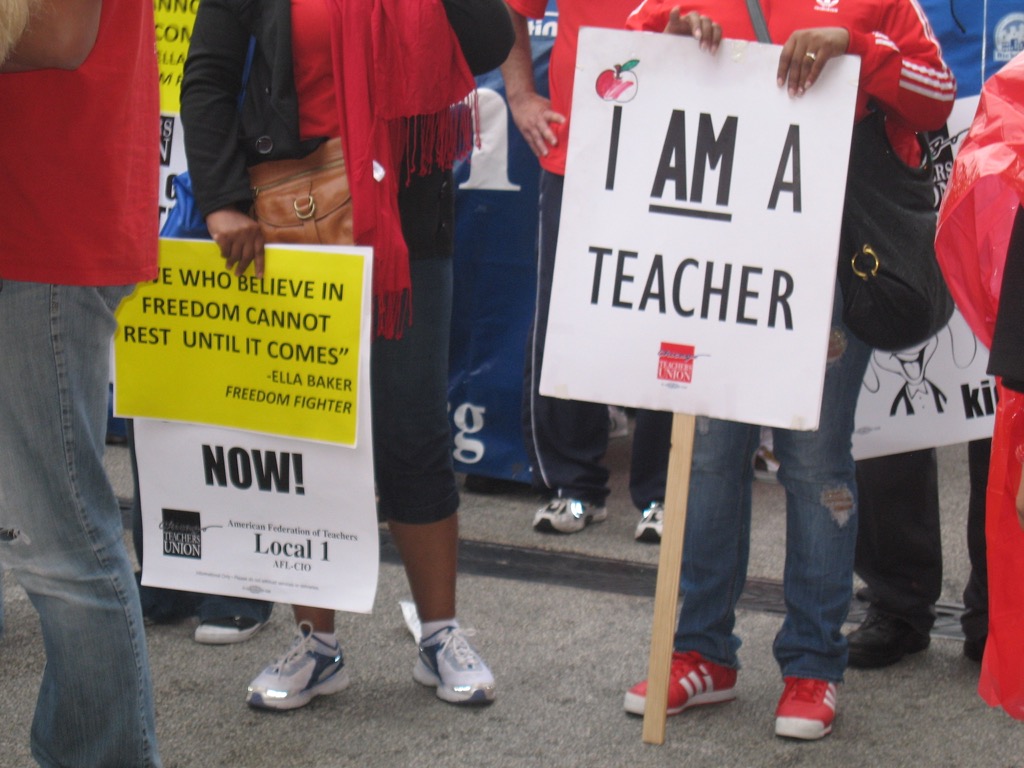
Just like any other profession, teachers are allowed to ask for raises. Yes, sometimes they use strikes to protest the fact that they aren't being paid enough. But honestly, if you had to buy school supplies for all the kids in your class, you'd probably be willing to strike, too.
27
"If they're doing poorly, that's a reflection on you."

While there are, without a doubt, bad teachers out there, that doesn't mean a child's poor performance is necessarily an instructor's fault. Kids need help both in the classroom and at home to succeed, and pinning your child's failure to succeed academically solely on their teacher is unfair to the educator in question and may eventually hinder your child's progress, too.
28
"My kid needs more one-on-one attention."

Of course, it would be wonderful if every kid got a ton of one-on-one time with their teacher. That said, unless you're homeschooling, that kind of attention is virtually impossible for your average private or public school teacher to provide. If your kid needs one-on-one guidance, that's what tutors, after-school help, mentoring programs, and parents are for.
29
"We have had so many issues with previous schools."

Think complaining about the way schools or individual classrooms are run will encourage your kid's next teacher to do better? Think again. "This can set off some alarm bells for teachers because the common denominator in a long history of negative experiences with schools seems to be you and your child," says Katie. "Plus it speaks volumes about your attitude towards educators and school systems in general."
30
"Those who can't do, teach."

Despite what the people who utter this phrase are insinuating, teaching requires a long list of skills most people don't innately possess, from curriculum planning, to mediation, to having and maintaining expertise in the subject matter being taught. And if you still think that teaching is so easy, may we recommend trying to explain polynomial long division to an 11-year-old who'd rather be playing outside? And to find out more about this undervalued line of work, check out these 20 Shocking Confessions from Public School Teachers.
To discover more amazing secrets about living your best life, click here to sign up for our FREE daily newsletter!





















